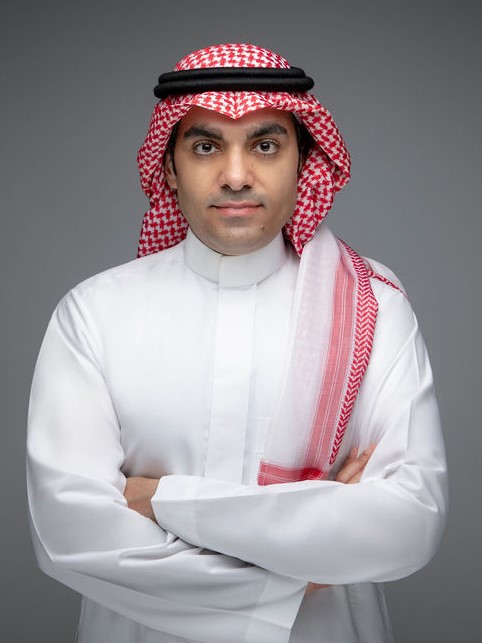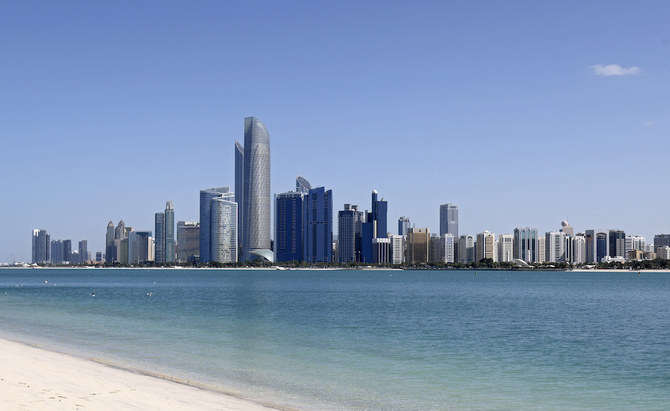LONDON: French multinational asset manager AXA IM Alts opened its first Middle East office in the UAE on Monday, with a Saudi Arabia national appointed to head its regional drive.
This marks the opening of its 16th office globally, which will be focused on raising capital across the company’s private and alternative assets range, the company said in a statement.
Saudi Arabia citizen Ammar Bukhamsin has been appointed as the senior executive officer of AXA IM Middle East, and co-head of the Middle East North Africa Client Group alongside Paris-based Francois Boissin.
Isabelle Scemama, the global head of AXA IM Alts, said: “The opening of our new office in Abu Dhabi marks a significant milestone in our expansion strategy and underscores the strategic importance of the Middle East in our international growth plans.
“This move marks a natural progression for our business in the region and paves the way for further successful partnerships with local investors to meet their rapidly evolving investment requirements, across AXA IM Alts’ expertise,” she added.

Isabelle Scemama, the global head of AXA IM Alts, said the company manages a total of €185 billion ($200 billion) on behalf of 600 clients from around the world. (Supplied)
She told Arab News the company manages assets of $200 billion on behalf of 600 clients from around the world. The firm invests in real estate, alternative credit, infrastructure, impact investment, and natural capital, which includes reforestation projects, carbon credit trading, green transportation, climate change and energy transition.
“If I look at the capital rate over the past few years, 40 percent have been raised outside Europe, and the Middle East has always been an important area ... so the idea is it’s more of a natural evolution, and we think, to serve our clients, we have to be established in the region,” she said.
She said there was a “lot of appetite” in the region and the firm considers the Middle East a “key partner for European investment.” The idea is to be “closer to our clients” through a dedicated local presence.
On real estate development, Scemama said the opening of the new office comes “at a time where there are more and more regulations to reduce the energy intensity of building.”
The company considers this “as an opportunity in front of us and we think that it is something that is also appealing for Middle Eastern investors.”

Saudi national, Ammar Bukhamsin, has been appointed to lead the local office and co-head MENA Client Group alongside newly promoted Francois Boissin. (Supplied)
The plan is to work with local players, large institutions and individuals. “The idea for the moment is really to be closer to our clients, (but) we have not made the decision for the moment to invest in the region — so to deploy capital there, it may happen at some point.
“But we always assist carefully our capability to deploy at scale, scale matters a lot in our market — being able to deploy a lot of capital. But also to diversify portfolio you need a significant size.
“And we know that each time you go in a new jurisdiction it’s a lot of local understanding of the regulation(s), being able to deploy capital and also to establish a team,” Scemama explained.
She added: “We are very strong on alignment of interest, whether it’s on infrastructure or real estate, (and) we always organize co-investments and guarantee investors that they will not be treated in parallel.
“But they will have access to our pipeline and they will benefit from the co-investment capabilities we can offer, so that’s something also that is quite appealing for the institutions in the region.”
On Bukhamsin’s appointment, Scemama said the new regional head has an impressive track record and is expected to create long-term opportunities for the company.
Florence Dard, global head of the client group at AXA IM Alts, said: “Having built strong relationships in the Middle East over a number of years, the opening of an office in Abu Dhabi is a natural step forward in our strategy to both grow our presence and accelerate our business development in the region.
“As a global leading alternative player, we have actively engaged with a large number of sophisticated Middle Eastern investors who seek attractive alternative investment opportunities, especially in Europe where we have a unique sourcing, access and breadth of offering.”
Arvind Ramamurthy, the chief of market development at Abu Dhabi Global Market in the UAE capital, said: “Abu Dhabi, also known as the ‘Capital of Capital,’ has become a premier destination due to its sophisticated regulatory regimes and abundant investment opportunities.
“As an anchored asset management firm, we look forward to the various expertise and innovative capabilities that AXA IM Alts will bring to ADGM’s vibrant ecosystem and to the region.”
Before joining AXA IM Alts, Bukhamsin spent over eight years at the French-based investment banking company Natixis, including three years as the firm’s CEO for Saudi Arabia. His 20-year career includes senior sales roles at Goldman Sachs, UBS and Citi, the company said.
Boissin has spent the past nine years at AXA, first as vice president of investor relations for the group and then two years in raising capital at AXA IM Alts. He has had a 20-year career in finance and sales, the company added.



























